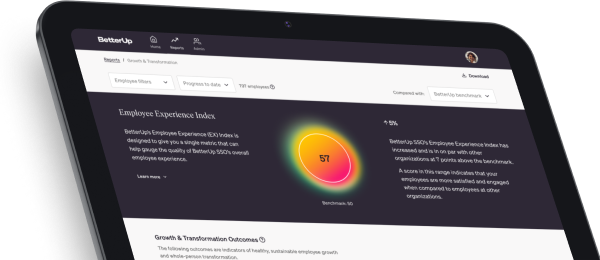You have two main objectives when answering the question, “What are your career aspirations?”:
- Demonstrate that your aspirations align with the company’s vision and long-term goals
- Show the interviewer how the role will help you gain the skills and experience necessary to achieve your career aspirations
Below are three example answers to inspire you.
Career aspiration example 1
“As a sound engineering student, I began gaining experience by recording university bands, live.
Now that I have graduated, I would like to transfer my skills and experience to work in a professional recording studio such as yours.
I would like to continue to develop my skills and experience by working with professional recording equipment.
I also want to develop my leadership and organizational skills. This will help me achieve my goal of leading production teams in the future.”
Why it works:
This is a good answer because it highlights the candidate’s relevant skills and experience. It also shows their motivation to develop their career within the organization.
They demonstrate their ambition and self-confidence. This signals to the hiring manager they could be a good investment.
The candidate omits specific details about their career progression, objectives, and personal aspirations.
Career aspiration example 2
“For the last five years, I have been developing my skills and abilities as a project manager within a national construction company.
Now, I’m ready for a new challenge. I want to gain experience in a multinational organization. I would like to manage international projects and globally dispersed teams.
I have strong leadership skills and communication skills that I would like to continue developing.
My long-term career goal is to become a program manager and manage several projects at the same time.”
Why it works:
This answer demonstrates that the candidate’s ambitions are in line with those of a multinational organization.
It shows they are not afraid to take on new challenges or responsibilities.
The answer is concise but includes relevant information without unnecessary details.
Career aspiration example 3
“For the last three years, I have been working as a criminal lawyer.
In my spare time, I do pro bono work giving legal assistance to low-income families.
I have always been interested in humanitarian work. This is why I applied for the position of criminal lawyer.
I want to continue to grow in my specialty while helping those in need. In the future, I would like to work abroad, defending the rights of vulnerable people in conflict zones.”
Why it works:
This answer aligns with the values, policy, and culture of the recruiting organization.
It shows the candidate has the qualifications, experience, and aspirations required for the role.




-1.png)





